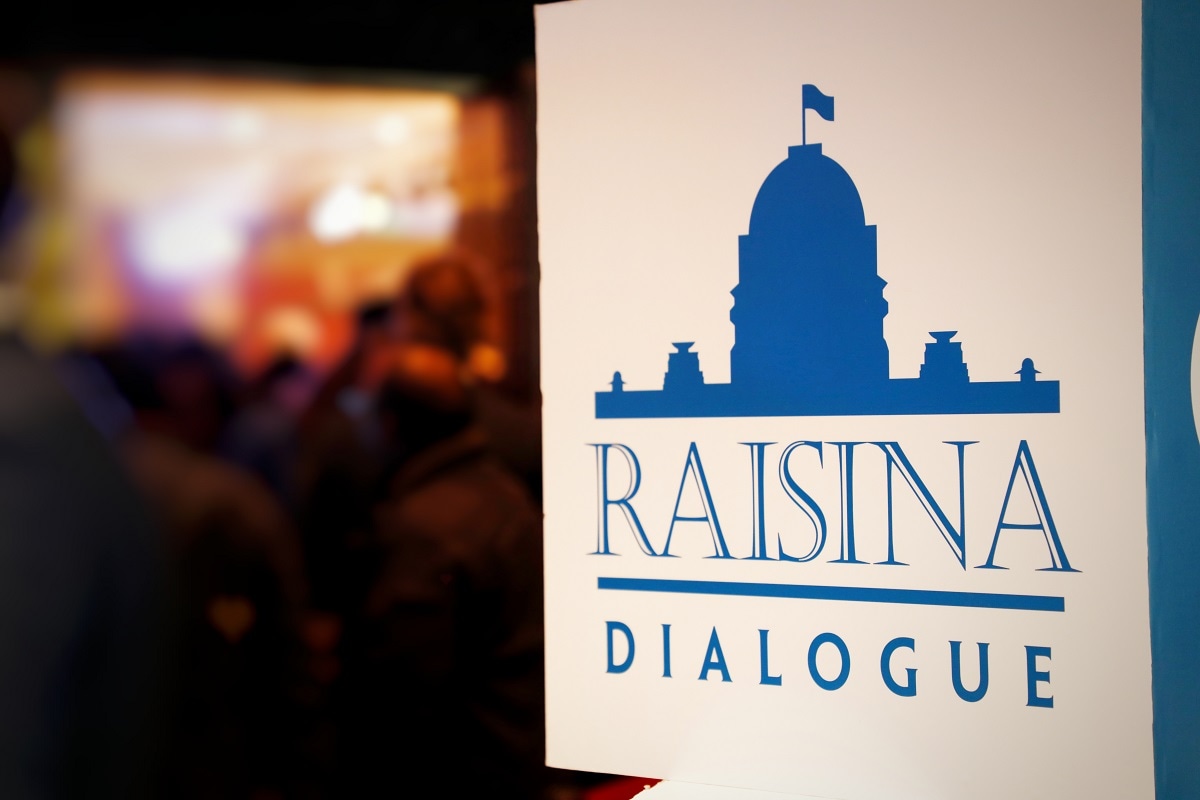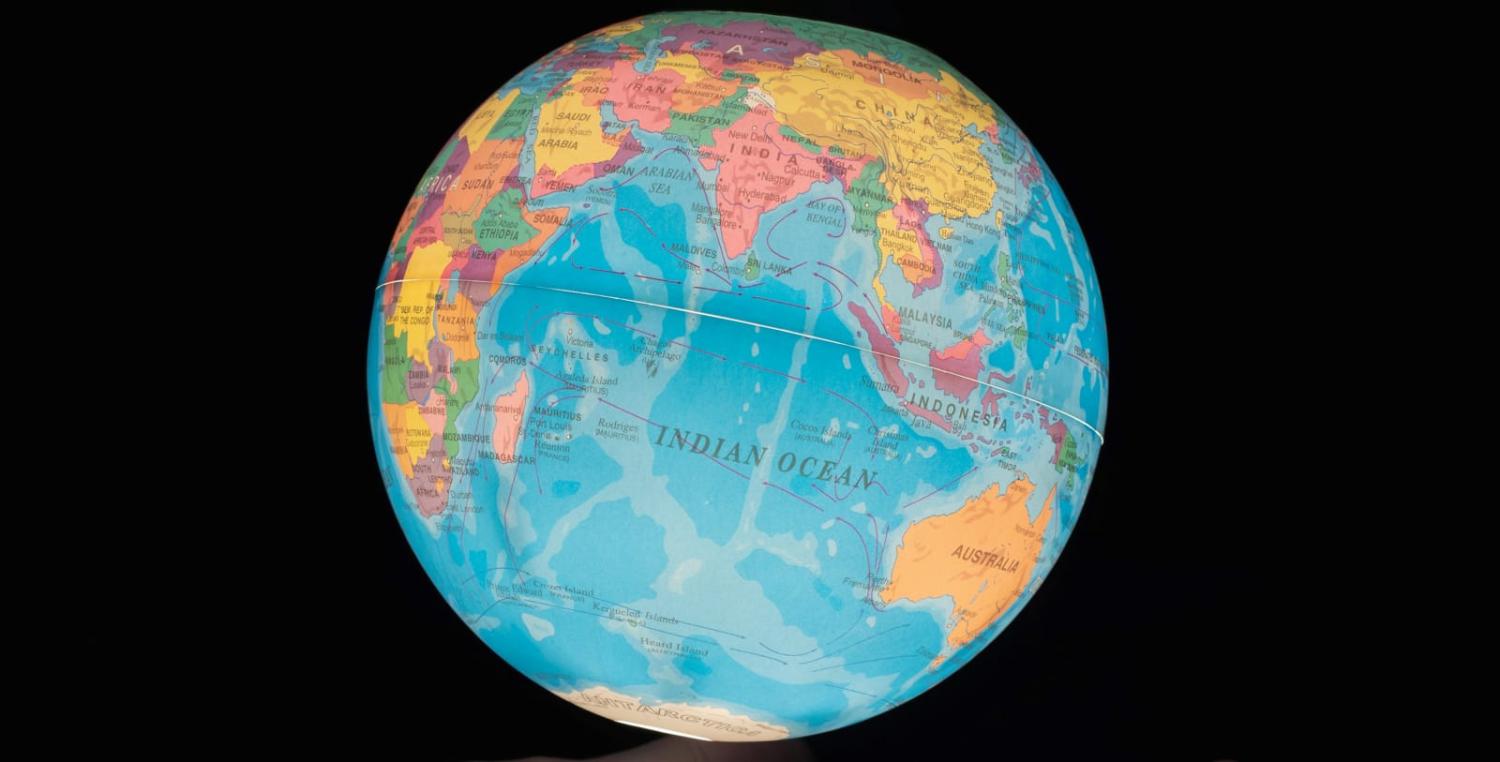The Indian Ocean region has played a crucial role throughout history, yet in recent times it has not been recognised for its distinct regional security architecture.
Despite concerns over China’s ever-growing influence in the Indian Ocean, Australia’s security relationships in the region have remained under-developed. Yet Australia’s own 2020 Defence Strategic Update identified the northeast Indian Ocean as “a priority area” and no doubt the current Defence Strategic Review will do the same.
Considering the geostrategic importance of the Indian Ocean, including the resources it holds, the large share of trade that flows through its waters and the threats it faces, there is an urgency for Australia to look west.
Stepping up Australia’s interests in the Indian Ocean should do so in a way that is complementary and supportive of efforts within existing groups Australia has engaged in the past, including the Indian Ocean Rim Association (IORA) and the Indian Ocean Naval Symposium (IONS). These existing regional groupings, if reignited, can give ballast to Australia and India’s shared security interests in the Indo-Pacific region.
Australia could also support India’s SAGAR (Security and Growth for all in the Region) vision, which would signal a greater commitment to an Indian-led Indian Ocean region. Introduced in 2015 by Prime Minister Narendra Modi, SAGAR is significant because it represents India’s geopolitical framework for maritime cooperation in the Indian Ocean and the basis on which it interacts with countries in the region.
SAGAR, meaning “ocean” in Hindi, works on Modi’s “five S” vision – Samman (Respect), Samvaad (Dialogue), Sahyog (Cooperation), Shanti (Peace) and Samriddhi (Prosperity).
Under SAGAR, India has helped guarantee the maritime security and exclusive economic zones of countries including the Maldives, Seychelles, Sri Lanka, Mauritius and other East African nations, through providing weapons and training to armed forces in the region and supplying military hardware including reconnaissance aircraft and helicopters to carry out maritime surveillance.

India also embarked on Mission SAGAR I and Mission SAGAR II early in the Covid-19 pandemic, delivering medical supplies and vaccines to the region, as well as providing humanitarian assistance and disaster relief following tropical cyclones that hit Mozambique and Tanzania.
While there is significant overlap between India’s SAGAR policy and the Quadrilateral Security Dialogue’s policy on delivering global goods and services, both represent a strategic counterweight to balance the growing Chinese influence within these littoral states.
Australia’s Defence Minister Richard Marles has referred to China as Australia’s “biggest security anxiety”. To counter this, Australia should support India in retaining its predominant position in the Indian Ocean region and help it achieve what SAGAR set out to do: make India the net security provider in the region.
Practical steps for Australia to take in this endeavour could include increasing Indian naval visits to Australian ports, increasing the number of strategic dialogues focused on the Indian Ocean region and creating information-sharing channels with security-oriented groups such as AUKUS.
When AUKUS was established, all three parties stated it would not be an exclusive group. Therefore, maritime cooperation with non-Anglophone states such as India should be considered. Information sharing with India on matters of artificial intelligence, quantum technologies and cyber warfare would be conducive to supporting India as a net security provider.
India’s Chief of the Naval Staff Admiral Hari Kumar made it clear at the Raisina Dialogue in New Delhi this year that “it is almost impossible for any one country to ensure maritime security”. Therein lies the importance for Australia to partner with India to help achieve their shared goals of a peaceful Indo-Pacific region.
The Australia-India-Indonesia trilateral offers further opportunity for stronger maritime cooperation and in combatting broader economic and security issues such as illegal fishing, maritime piracy and grey-zone activities.
As two littoral states with significant influence in the region, Australia and India are uniquely placed to link international networks and coordinate their efforts. Both can be the synapses between various groupings and act as a conduit between the South Pacific and the Indian Ocean.
The Quad should also work more closely with maritime networks such as IORA, IONS and the Colombo Security Conclave (India, Sri Lanka, Maldives and Mauritius) to address shared challenges including climate change, scarcity of marine resources, natural disasters, maritime domain awareness, coast guard training, diplomacy exercises and maritime infrastructure.
The Indian Ocean needs to remain firmly in the imagination of Australian security and geopolitical policymakers. Enabling the nations of the global South to share information and collectively tackle the broader security issues will be the key to helping India achieve its SAGAR mission as the net security provider and ensuring a peaceful and stable Indo-Pacific region for the 21st century.

